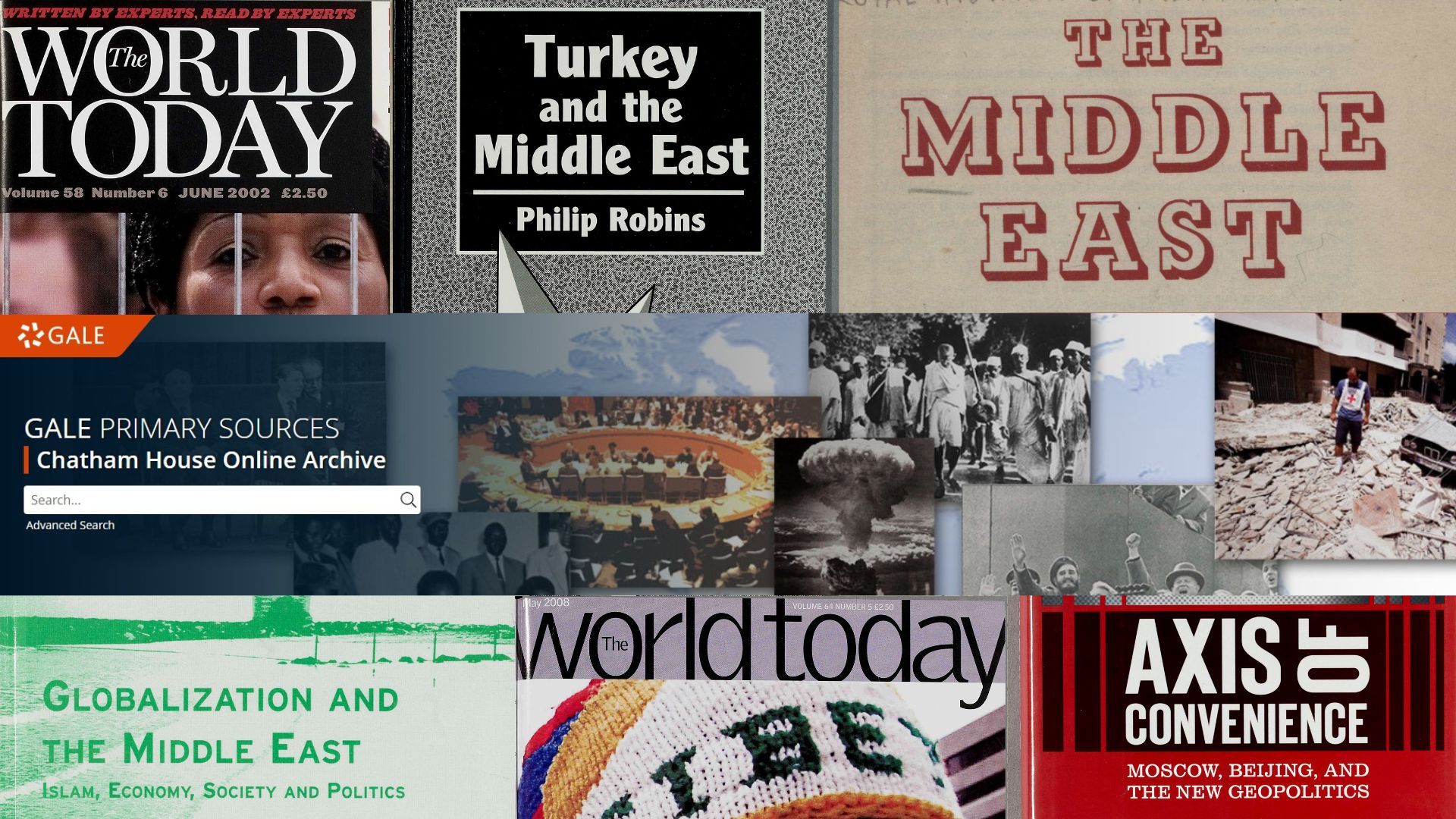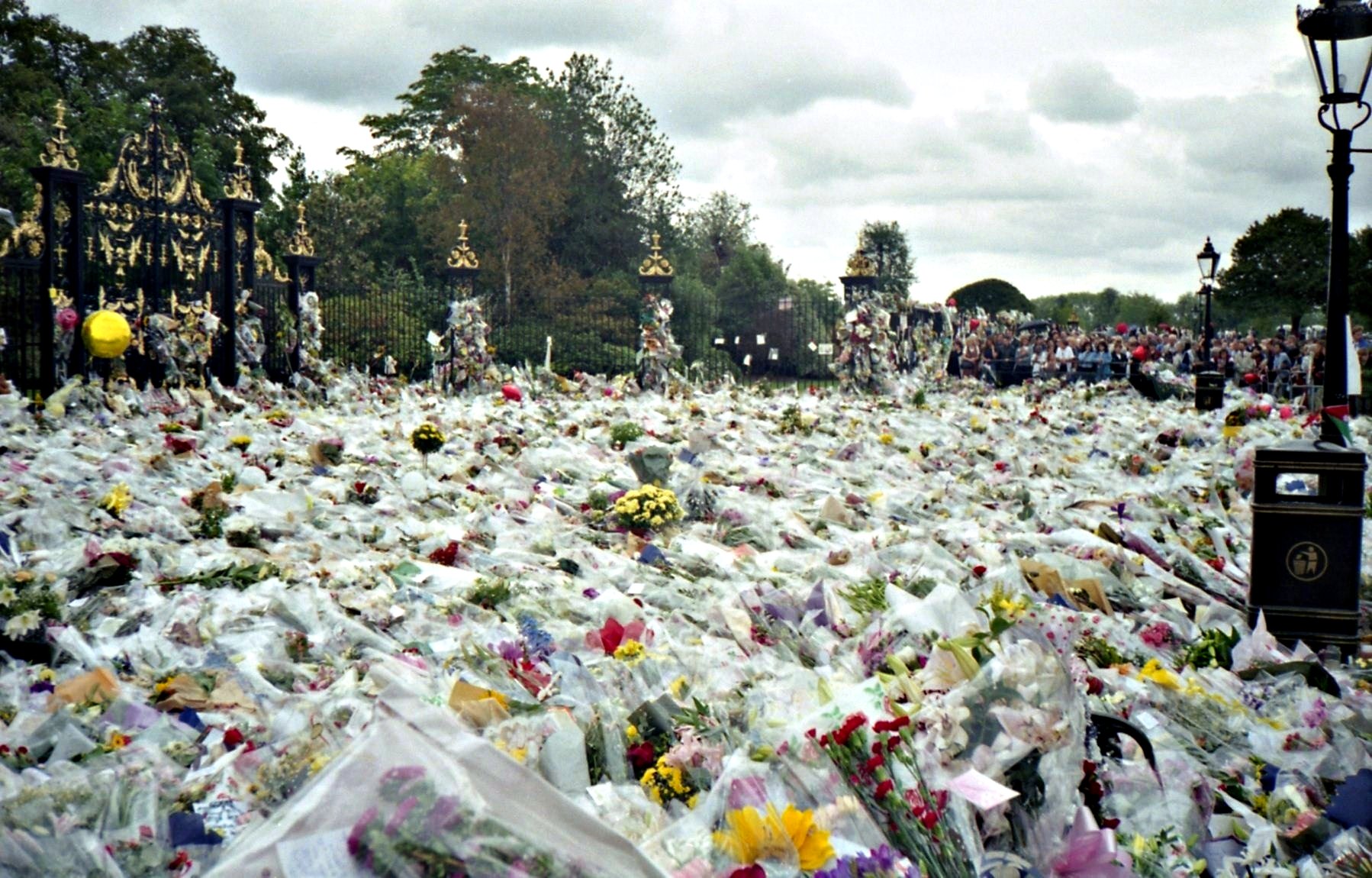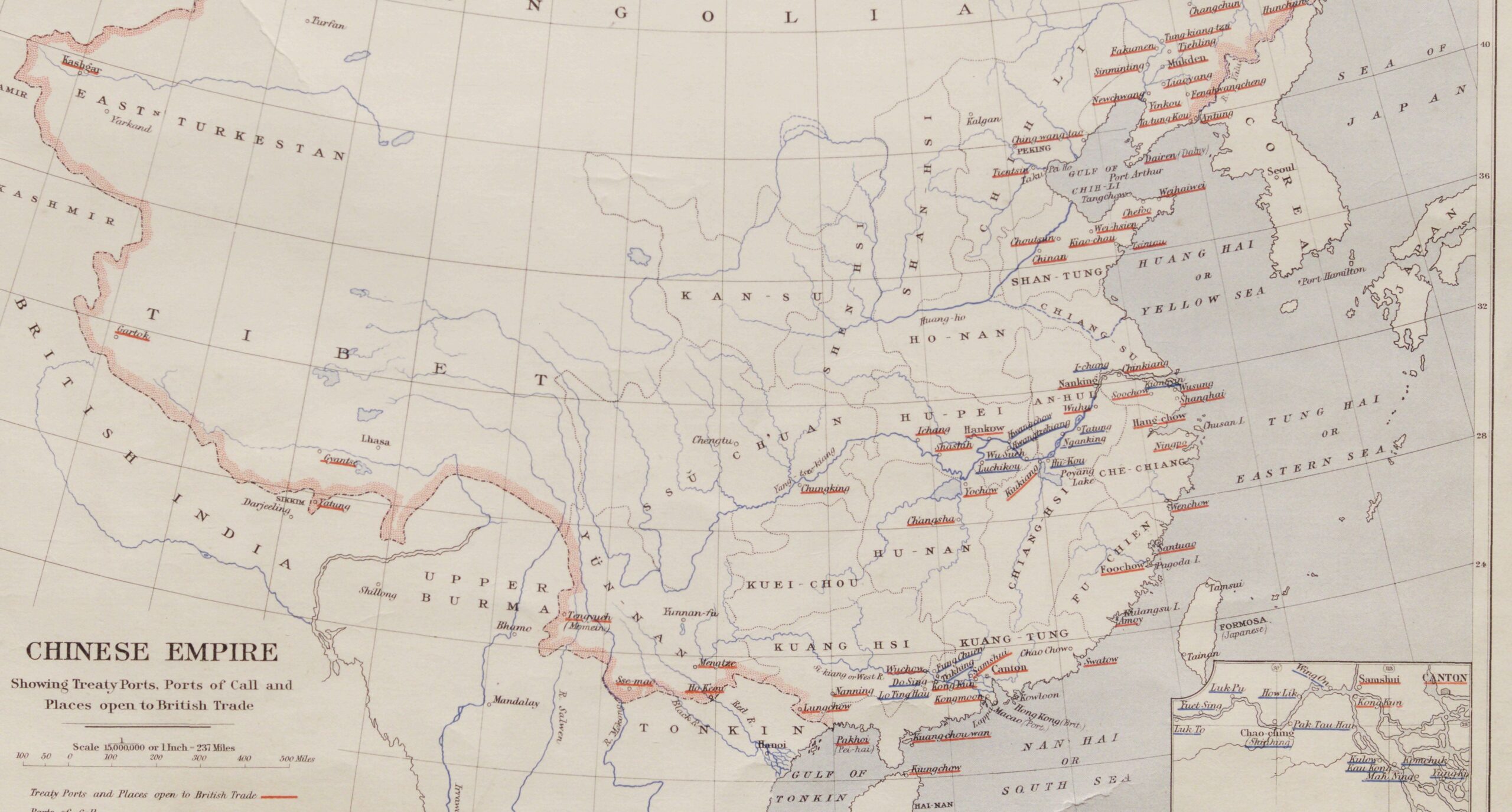│By Aiman Urooj, Gale Ambassador at the University of Delhi│
International Relations (IR) has long been dominated by Western-centric theories, primarily shaped by European and American intellectual traditions. These frameworks—Realism, Liberalism, and Constructivism prioritise state sovereignty, individualism, and economic liberalism. This Eurocentric lens limits IR’s ability to fully explain global politics, reinforcing a Westphalian state system that does not reflect realities outside the West.
Non-Western epistemology challenges the universal applicability of mainstream IR theories by offering alternate frameworks for understanding contemporary IR. This blog explores these alternate perspectives, with concepts like Ubuntu’s relational ethics in Africa, Tianxia’s hierarchical harmony in China, Islamic justice, and Russia’s civilizational sovereignty.
By exploring archival sources from Chatham House Online Archive scholars can uncover evidence that highlights the contributions of non-Western societies to global diplomacy.










